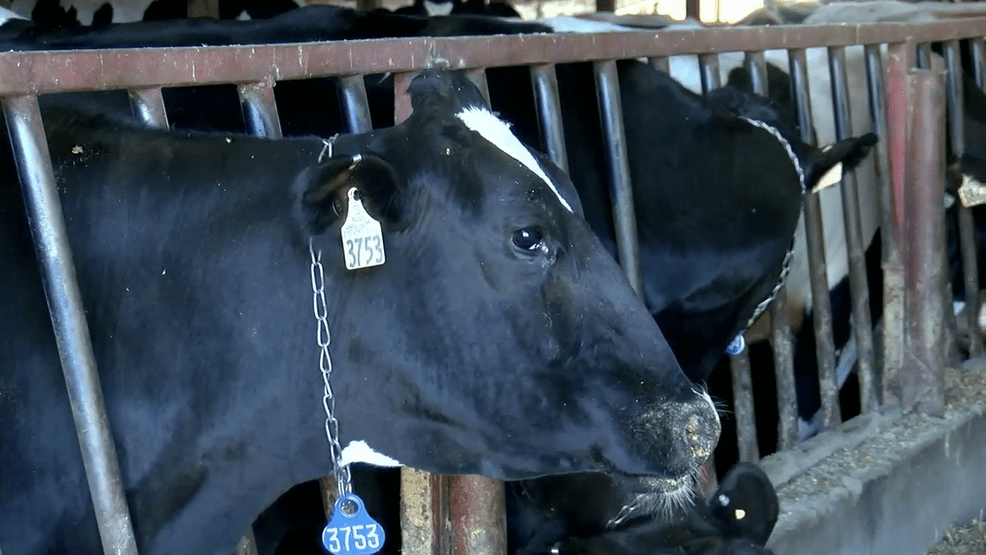
“They understand that processors need to be profitable,” said Kris Bousquet, NSDA Executive Director. “They understand that our consumers need to have a fair price when they buy their product, but we also want to make sure our farmers get paid a fair price.”
That price of milk for dairy farmers is determined based on what it becomes, which the USDA sorts into four classes.
According to Bousquet, the pandemic caused a fluctuation in prices when the value of milk that is used to make cheese (Class III) grew stronger than that of fluid milk (Class I). He attributes this to an increase in cheese consumption because of government programs, such as the USDA Farmers to Families Food Boxes.
This proposal would link Class I to Class III to create more stability and limit the chance of negative producer price differentials.
“By fixing those two prices together and having a new average, we won’t have the volatility in the milk price nearly at all,” said Bousquet. “So farmers can now look forward and contract out and say ok I trust that this price is going to be here at this time, I’m going to lock it in or make those decision based on what’s best for their farm.”
He believes there are additional benefits within this proposal that could incentivize growth of the dairy industry in Nebraska.
“Short term, it would basically increase the farmer’s pay price by $0.36 per hundred weight, which when you look at it that way, it’s not a bunch of money right away but it is substantial growth,” said Bousquet. “I can tell you one thing, a farmer isn’t going to turn down $0.36 per hundred weight, so this proposal will directly impact the Nebraska dairy farmer’s milk check and it will be for the better.”
Bosque added that if this proposal were approved, the price of milk for consumers should not increase.

























